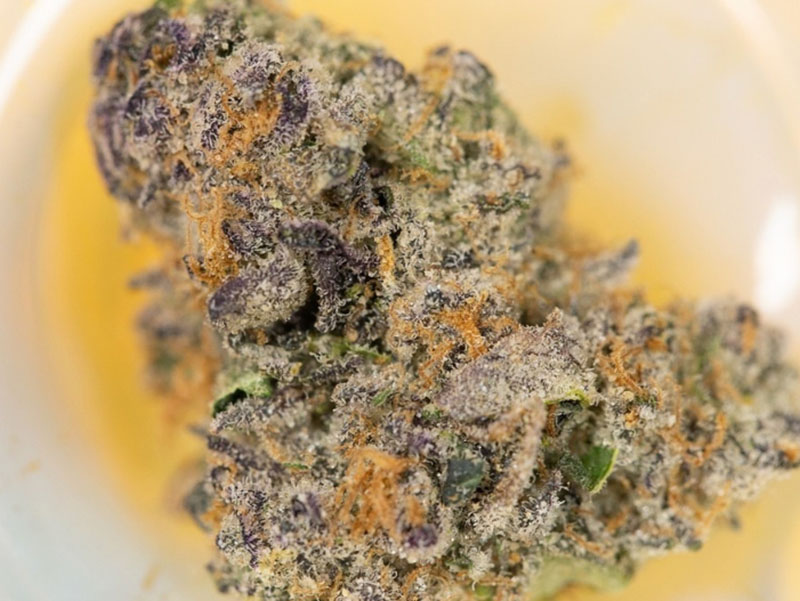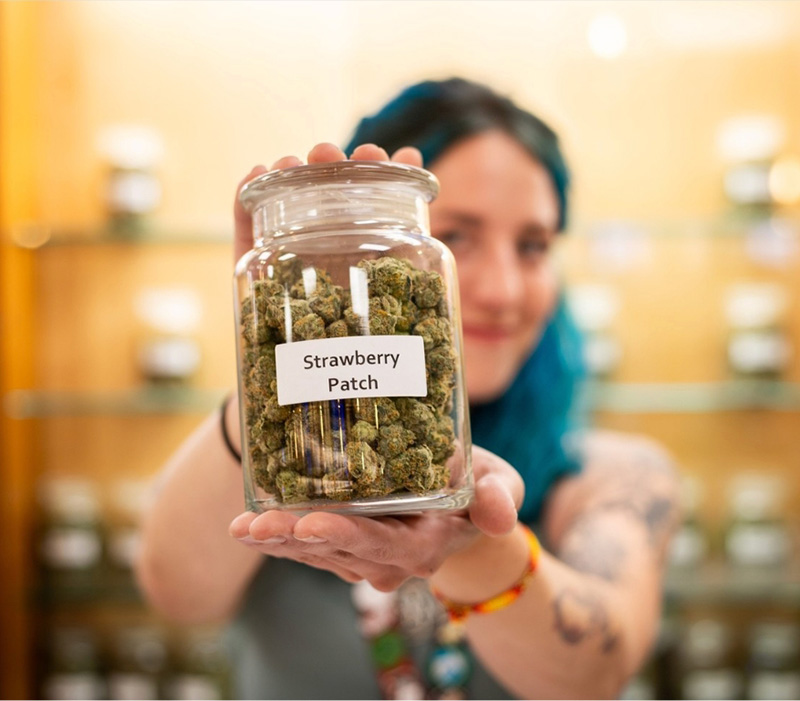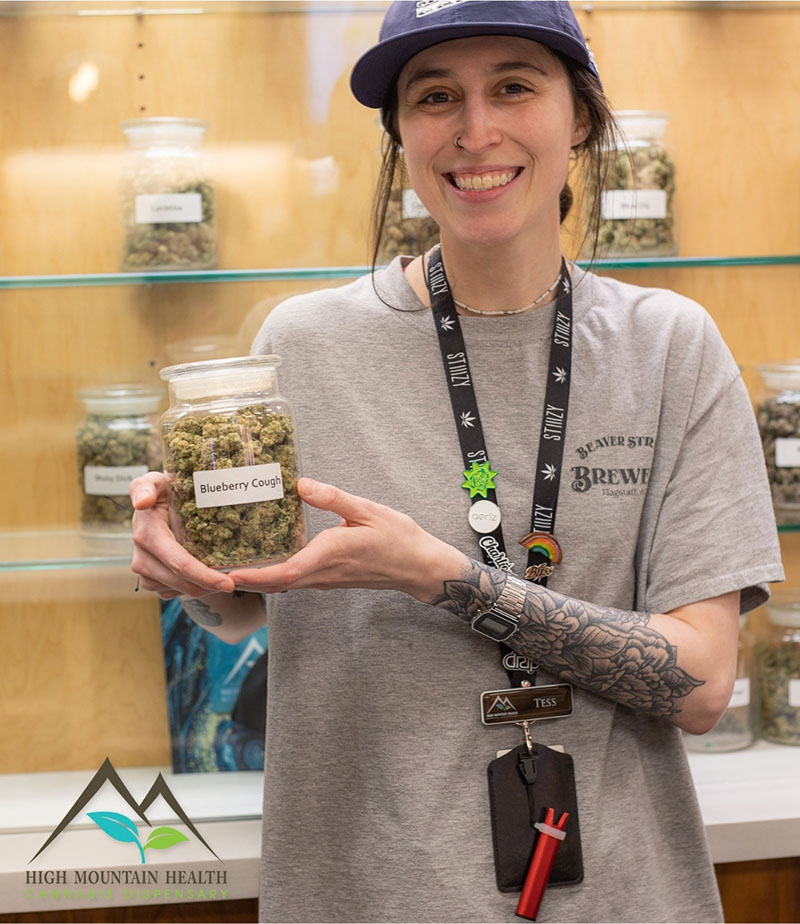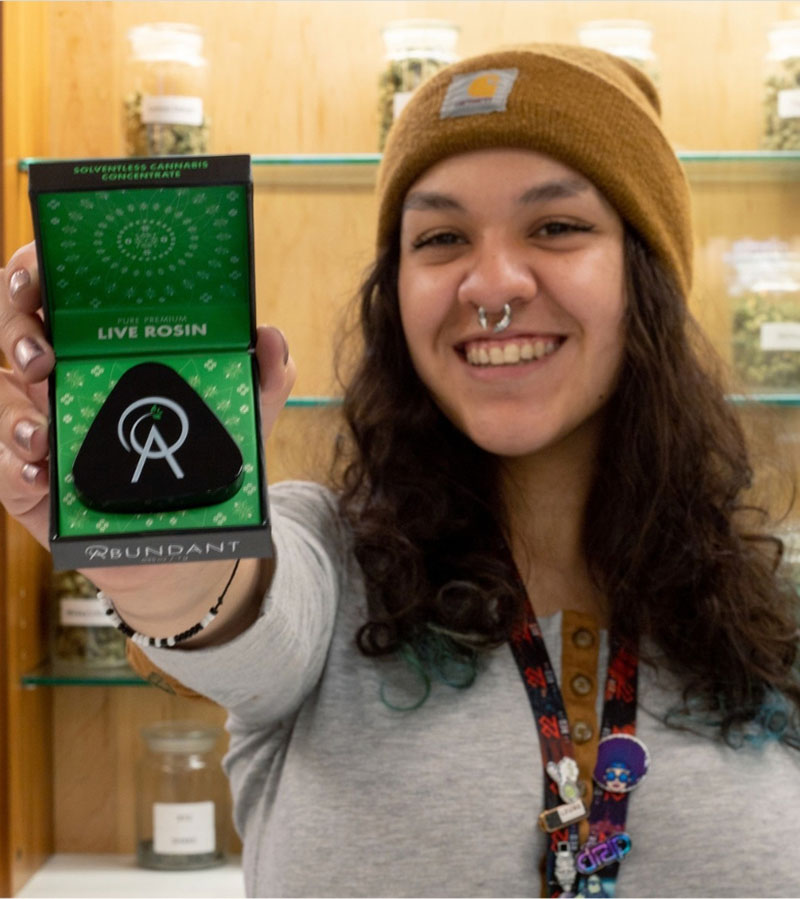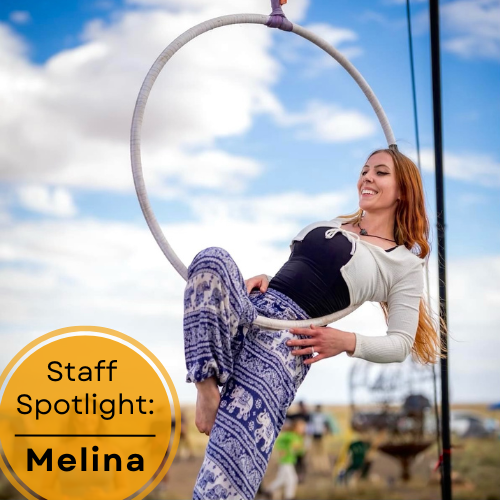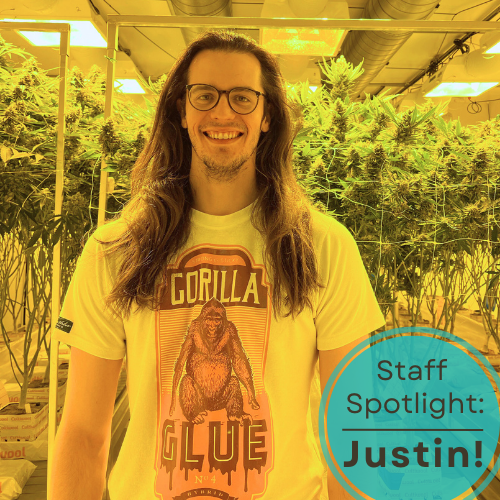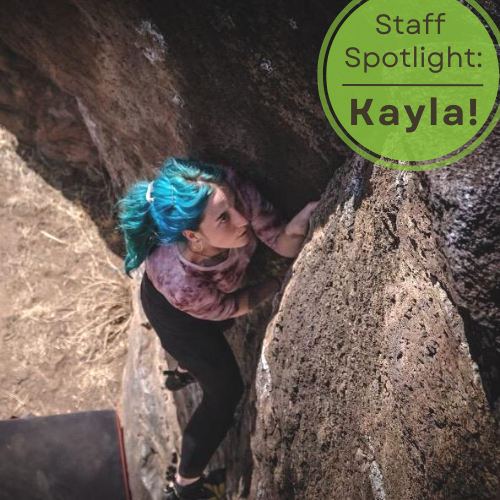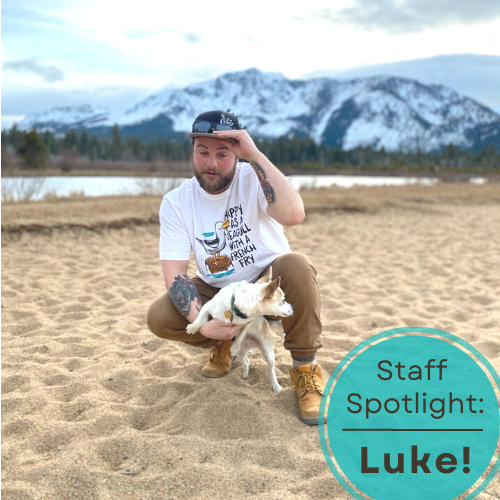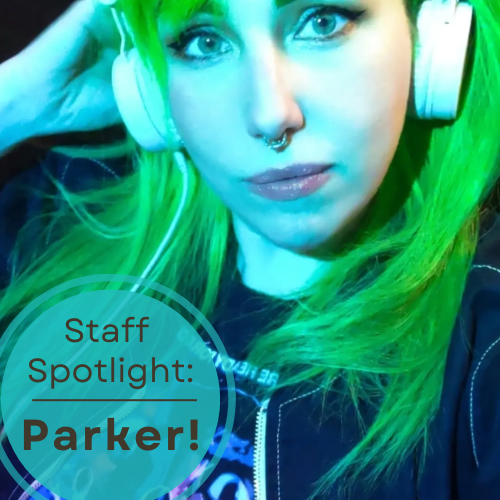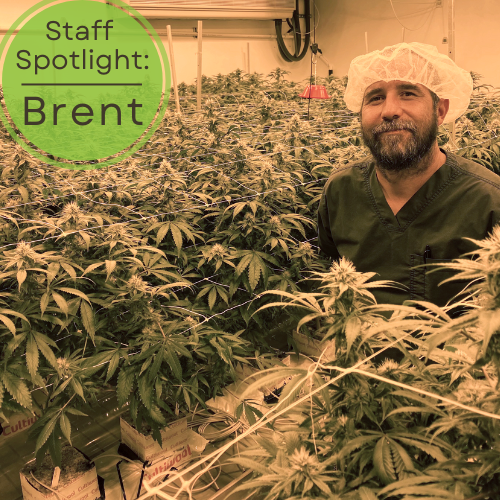Trimmers face assault on some isolated California cannabis farms
Decade-old cannabis farms hug the remote region known as the Emerald Triangle. For years, the area has attracted individuals from across the country and beyond for work. One these farms, work mostly involves tending to the plants, helping out around the farm, and trimming. This has earned many of the travelers the nickname "trimmigrants."

Many of these isolated farms' only connection to the outside world is a web of bumpy dirt roads for miles. The thick forest lends privacy to growers who prefer to stay out of the public eye. But, a lengthy 2016 report from Reveal (associated with the Center for Investigative Reporting) highlights the danger that may be found on these farms.
"In secretive marijuana industry, whispers of abuse and trafficking," written by Shoshana Walter, explores how this secrecy translates to vulnerability for many trimmigrants—especially women, girls, trans and non-binary individuals.
As our collective conversation as a society is flooded with "Me Too" stories, it shouldn't come as a surprise that sexual abuse is rampant across all industries, including cannabis. While many celebrities have been in the spotlight in regard to this topic—from Hollywood heavyweight Harvey Weinstein to Democratic senator Al Franken, and many others—it is more important now than ever to examine this issue on the smallest scale. The laborer's story and the immigrant's story are just as important as the actress'. Their stories deserve the same weight and urgency.
Moving forward, we now need to question: How does sexual abuse affect folks who feel like they have no one to turn to? How does it affect those who feel they won't be believed? How does sexual assault affect those working on a remote cannabis farm in northern California? And finally, what does this mean for the rest of the cannabis industry?
To report or not to report
Rape and sexual assault often go unreported. The survivor may feel like they won't be believed, not know how to report an assault (or have access to resources to report), or may fear retribution. Some undocumented trimmers—the job has often attracted immigrants— have expressed concern of being deported if they go to local law enforcement. The already tenuous relationship between grow facilities and law enforcement compound these fears.
Walter explains in the Reveal report: "Other conditions in pot country prevent victims from seeking any kind of help. Trimmigrants often lack the local connections or even the know-how to successfully navigate their way out of the wild, wooded terrain... Because many work on illegal grows, they suspect law enforcement won’t do anything anyway."
The Reveal report explores the perspectives of many involved in trimming in northern California. Many expressed an aversion to police. Among Walter's sources is Karen Bejcek, a trimmer.
“Hell no, you don’t call the cops on anybody for anything if you want to work in Humboldt," says Bejcek. Walter expands on this sentiment: "Other conditions in pot country prevent victims from seeking any kind of help. Trimmigrants often lack the local connections or even the know-how to successfully navigate their way out of the wild, wooded terrain."
Furthermore, Walter interviews Kyla Baxley, the district attorney's office investigator. Baxley has met with assault survivors from Humboldt County time and time again. Furthermore, Baxley pointed out many of those reporting were not treated "with the respect they deserve."
“They’re going in to eradicate marijuana, and they would probably tell you nothing else is happening but the drugs," says Baxley in the article. Law enforcement across the Emerald Triangle often focus more on the legality of the cannabis itself, instead of the wellbeing of the employees. In 2014, Baxley gathered enough evidence to prosecute the office's first human trafficking case.
"Trim Bitch"
For many young people, trimming seems like the perfect opportunity to spend a summer doing relatively easy work. Growers advertise moderate wages, food and sometimes some free flower. There's really no wonder it has attracted so many. For Kelly Schirman, it was a "dream job" at first.
" I worked long days outside, slept in a cabin, and had plenty of time to read and write," wrote Shermann, for Broadly. Why would anyone give up this bucolic lifestyle? Yet, as time passed, she began to notice an ever-present paranoia — particularly because the farm she worked on was illegal.
"There was a general uneasiness in the valley, a feeling of mild danger that permeated an otherwise peaceful lifestyle," Shirmann adds.
Schirmann's essay is a valuable look at a job that very few see the reality of. Overall, the cannabis industry has been successful in overcoming many stigmas and falsehoods. Today, the cannabis industry offers empowerment and opportunity. Even so, this reality is much more complex in the Emerald Triangle. Schirmann argues these remote farms hardly reflect the utopian ideals many believe the industry to espouse.
"...Out on the farms, things feel much different," Shirmann writes. "The gender roles are distinct and historic: Men grow, women trim. While the men are fixtures—usually property owners—the women are interchangeable, expendable labor ... I've frequently heard my co-workers referred to dismissively as 'trim bitches,' and more than once was offered an extra 50 bucks a pound to trim topless—a practice that, while not quite the norm, is certainly more prevalent than it should be."
Shirmann mentions the person who owns the illegal farm she spent working at, Jim, would tend to hire immigrants. According to him, they were less of a liability. The feds were less likely to discover his farm.
Culture at a crossroads
When Shoshana Walter published her expose in 2016, much of the cannabis industry in northern California reacted with disbelief. Of course, many cannabis growers are good people, pay their trimmers fair wages and have no intention of exploitation or violence.
"[That exposé] has really sparked a conversation," said Steve Dillon, executive manager of the Humboldt Sun Growers Guild. However, he added that he believes the problem isn't rampant.
Nevertheless, just because sexual assault isn't rampant, doesn't make it any less of an issue. And, as statistics have shown repeatedly, assaults are more often than not never reported—numbers may be higher than what we see now. Gender relations deserve examination in all industries, beyond Hollywood. This is particularly true in workplaces where individuals have few routes to report or leave a dangerous situation—such as remote cannabis farms.
Our culture is at a crossroads. Every day, more individuals bravely come forward to share their stories of assault. This story isn't about victims. But it is a story of power and vulnerability. Moving into 2018 and beyond, the cannabis industry has an opportunity to exist as an example—to rise above the status quo. This means providing employees, at grow facilities, farms, dispensaries and elsewhere, a place to safely report sexual assault or abuse. It is up to those involved to set the tone.


